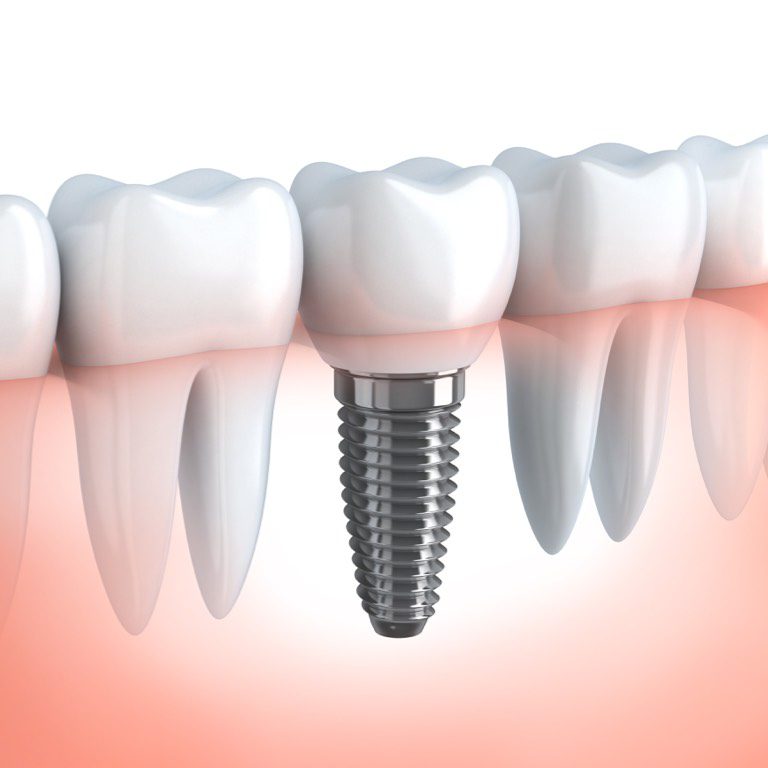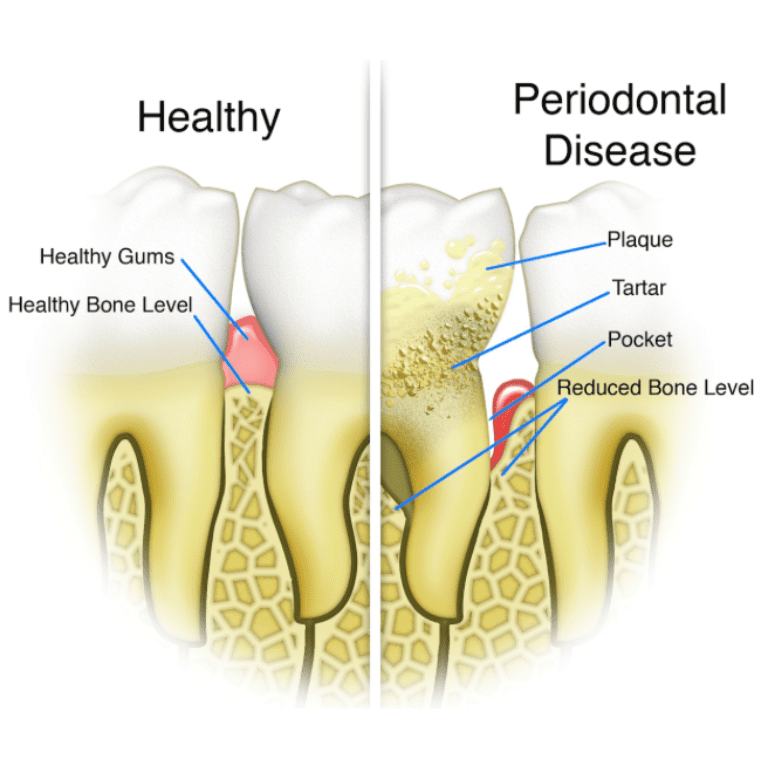About Periodontal health
It takes five years of university plus three years of fulltime specialty training to become a periodontist. Specialists must meet strict guidelines, demonstrate exceptional skill-sets, and be registered with a variety of professional organisations in order to practice.

Periodontal treatment for gum disease (periodontitis) improves complete oral health, rather than just focusing on a single tooth, and reduces the chances of needing more complex and expensive treatment. Gum disease is linked to general health issues such as diabetes, heart disease, and pregnancy complications. Untreated periodontitis can lead to significant ongoing costs with teeth, including root canals, extractions, bridges, and large fillings.

Despite improvements in dental care, people still suffer tooth loss – mostly due to tooth decay, gingivitis or periodontitis, or injury. Previously, the only treatment options available for people with missing teeth were bridges and dentures, but now luckily, dental implants are available. Dental implants are replacement tooth roots which provide a strong foundation for fixed (permanent) or removable replacement teeth that are made to match your natural teeth.

Does Medicare cover any treatments?
Periodontal treatment in private practice is not subsidised by Medicare. A rebate may be available for the cost of a CT scan if it is required.
What rebate will I get from my private health cover?
Rebates vary between health insurance providers and depending on your level of cover. As a result, please present the Australian Dental Association code numbers listed in your treatment plan to your insurer and they can provide you with all the support you are eligible for.

Specialist implant and periodontal care for all suburbs of Brisbane and the Ipswich region (including Brisbane CBD).



